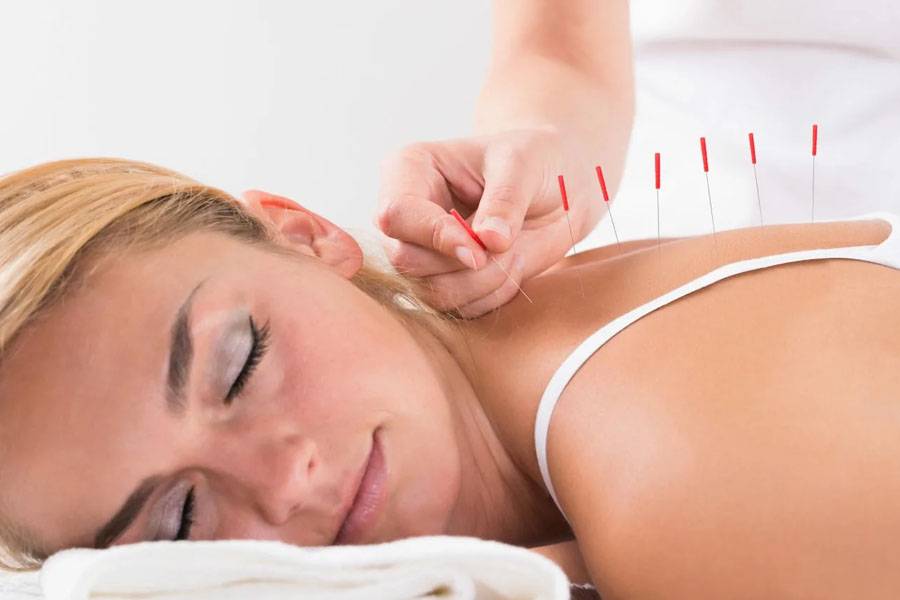Vestibular Therapy (Vertigo)
Dizziness and Vertigo Rehabilitation for Vestibular Dysfunction
Find your treatment solutions about dizziness, vertigo and vestibular dysfunction at Alleviate Physiotherapy Etobicoke, Mississauga and Clarkson GO
Suffering from a sensation of dizziness or spinning? Come to our certified therapists for vestibular rehabilitation treatment. We provide comprehensive and long-term solutions for dizziness, vertigo, impaired balance and vestibular dysfunction near you.
Check out our three locations Mississauga, Etobicoke and Clarkson GO.
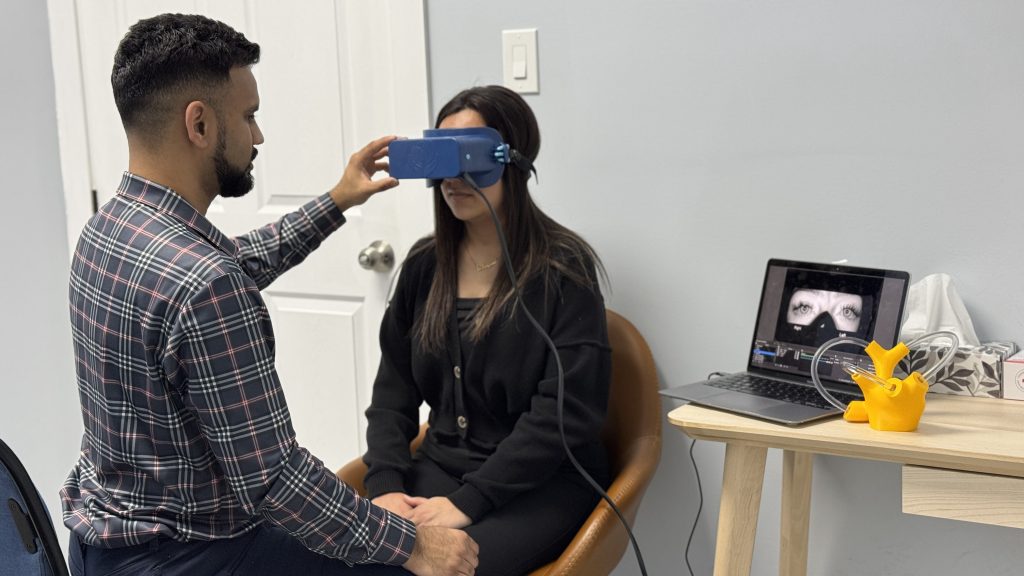
What is Vestibular Dysfunction?
Vestibular Dysfunction (Vertigo) causes a sensation of spinning or dizziness, which can be caused by a problem in the inner ear, brain, or sensory nerve pathways. Some of the most common causes of vertigo include inner ear infections, Benign Paroxysmal Positional Vertigo (BPPV), and Meniere's disease. Symptoms of vertigo may include dizziness, nausea, vomiting, and loss of balance. Physiotherapists trained in vestibular rehabilitation play a key role in effective recovery, maintenance, and prevention of worsening of this condition. Therapists at alleviate physiotherapy are highly skilled and trained in advance vestibular rehabilitation.
What is Vestibular Rehabilitation Therapy (VRT)?
Vestibular Rehabilitation Therapy (VRT) is an exercise-based program designed to promote central nervous system compensation for inner ear deficits, which result in dizziness and vertigo symptoms. The goal of VRT is to retrain the brain to recognize and process signals from the vestibular system in coordination with vision. VRT is particularly effective for conditions and symptoms such as:
- Vertigo
- BPPV (Benign Paroxysmal Positional Vertigo)
- Nystagmus
- Balance disturbances
- Dizziness
- Neuritis
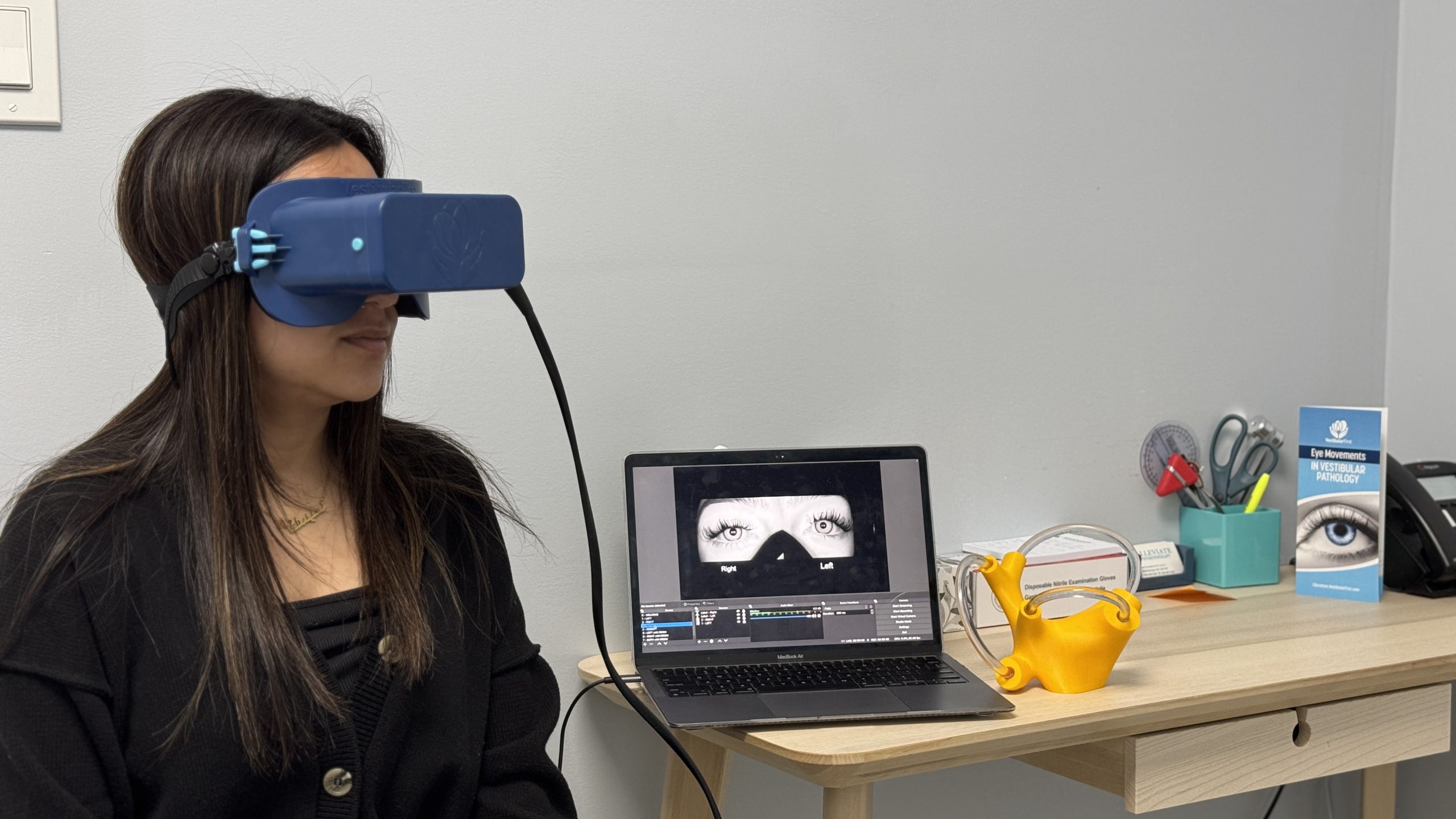
How can Physiotherapy help in the treatment of Vertigo or Vestibular Dysfunctions?
Physiotherapy can be an effective treatment for vestibular dysfunction. The specific treatment plan will depend on the underlying cause of the Vestibular Dysfunction and the client's individual symptoms. Most common ways vestibular physiotherapists help with Vestibular Dysfunction are:
- Vestibular Rehabilitation Exercises: These are highly specific exercises that aim to retrain the brain to use other sensory information, such as vision, to maintain balance and reduce symptoms of dizziness. These exercises can include head and eye movements (VOR), balance training, and gait training.
- Habituation exercises: These exercises help the brain to "get used to" the abnormal signals coming from the vestibular system and reduce symptoms.
- Canalith repositioning procedures: These are specific maneuvers “Not an exercises” that are done by Physiotherapists with special interest in Vestibular (certified vestibular therapist) to help move loose particles in the inner ear (canaliths) that are causing symptoms of benign paroxysmal positional vertigo (BPPV).
- Neuromuscular re-education: These exercises help to improve muscle strength and coordination to enhance balance and stability.
- Education and counseling: Physiotherapists provide expertise and guidance on how to manage symptoms, such as performing activities of daily living safely and avoiding triggers that can worsen symptoms.
Physiotherapy can be effective in reducing symptoms of vertigo and improving balance, coordination, and overall function. Our therapists work with clients to develop an individualized treatment plan in order to optimize treatment modules and speed up the recovery process.
What are the symptoms of Vertigo?
How would one describe their feeling of off balance?
Some of the common symptoms of vertigo include the following:
- A feeling of spinning or dizziness
- Loss of balance
- Difficulty walking or standing still
- Nausea or vomiting
- Sweating
- Ringing in the ears (tinnitus)
- Hearing loss
- A sense of fullness or pressure in the ear
- Visual disturbances, such as double vision or light-headedness
You need to remember that these symptoms may come and go and can vary in intensity and duration. They may be triggered by certain head movements or positions and can affect a person's ability to perform daily activities. It's always better to consult a physiotherapist near you if you experience any of these symptoms who are advance certified with vestibular rehabilitation.
What conditions indicate the use of vestibular rehabilitation?
Vestibular rehabilitation is often recommended for a range of conditions that affect balance and spatial orientation. These include:
- Vertigo: A condition where a person feels as though they or their surroundings are spinning.
- BPPV (Benign Paroxysmal Positional Vertigo): A disorder arising from problems in the inner ear.
- Nystagmus: Involuntary eye movements that can result in reduced or limited vision.
- Balance disturbances: General issues affecting a person's equilibrium.
- Dizziness: A wide-ranging term that includes feelings of faintness or unsteadiness.
- Neuritis: Inflammation of the vestibular nerve, which can impact balance.
These conditions can significantly impair daily activities, making it crucial to seek professional evaluation and treatment. Vestibular rehabilitation therapy can help manage these conditions by improving balance and reducing symptoms. Always consult with healthcare professionals who are specialized in this area to receive the most effective care.
"At Alleviate Physiotherapy, we recognize that your condition is unique and we are listening. We understand that the symptoms of VD can vary dramatically among people and it can have a significant negative impact on your everyday life. We are here to help you recover and get back to your life.
Who Can Benefit from Vestibular Rehabilitation?
Many individuals suffering from a range of vestibular disorders can find relief through our specialized therapy. Those experiencing:
- Vertigo: A sensation of spinning or dizziness.
- BPPV (Benign Paroxysmal Positional Vertigo): Episodes of dizziness linked to head movements.
- Nystagmus: Involuntary eye movements that can affect vision and balance.
- Balance Disturbances: Challenges in maintaining stability and coordination.
- Dizziness: General disorientation or lightheadedness.
- Neuritis: Inflammation of the vestibular nerve causing balance disorders.
Our approach is tailored to address these specific conditions, ensuring a personalized treatment plan that caters to your unique needs. By targeting these symptoms, we aim to improve your quality of life and restore your sense of balance."
Have more questions?
- 10 MIN PHONE CONSULT
Have Further Questions? Let Our Experts Alleviate That.
Let us help you with our Risk-Free Consultations
For your convenience, our free 10-minute phone consultation will allow you to ask us more specific questions you may have or discuss any additional concerns.
By the end of our risk-free consultation, you’ll be able to decide whether you should take the next step. Please contact our office to set up a 10-minute no-obligation call with one of our expert Therapists.
Feel free to discuss with us your specific health & wellness concerns or to see if we’re a good fit without putting any money down. No obligations. Fill out the form here.
Related Therapists


Other Services

Pelvic Floor Physiotherapy
Pelvic physiotherapy includes treatments for dysfunctions associated with the pelvic area.

Chiropractic Therapy
Chiropractic therapy is a treatment of spinal and neuromuscular disorders through manual
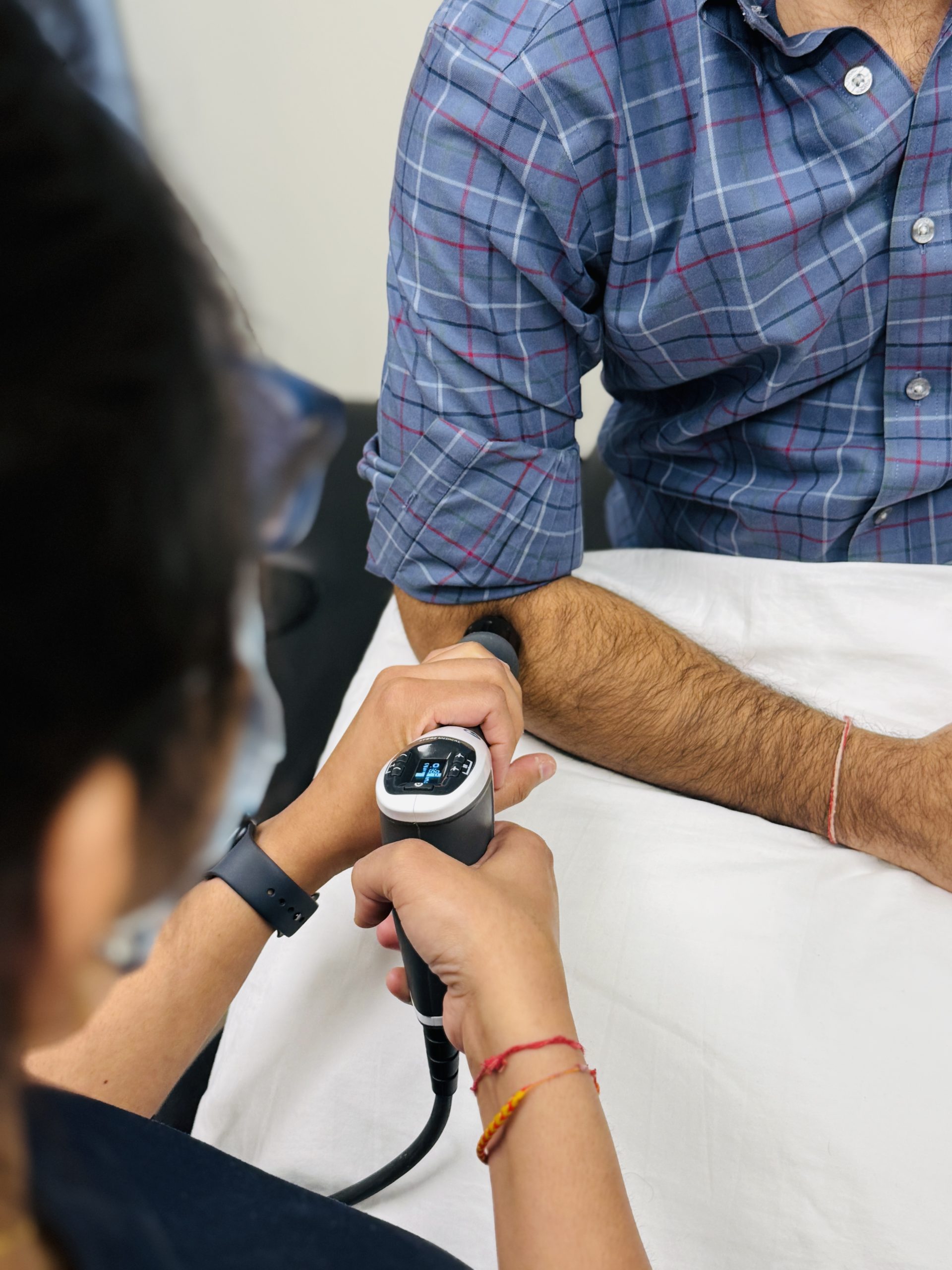
Shockwave Therapy
Shockwave therapy is a multidisciplinary device used in orthopaedics, physiotherapy, sports medicine

Workplace Injuries – WSIB
Injured at work? Discover the benefits of physiotherapy for workplace injuries and

Western Medicine Acupuncture
Acupuncture is a form of treatment that involves inserting very thin needles

Custom Braces for Rehabilitation
Custom Braces are usually worn while you are performing activities, and exercises

Motor Vehicle Accident Program
Motor Vehicle Accident Program Motor Vehicle Accidents ( Insurance Claims), or MVA,
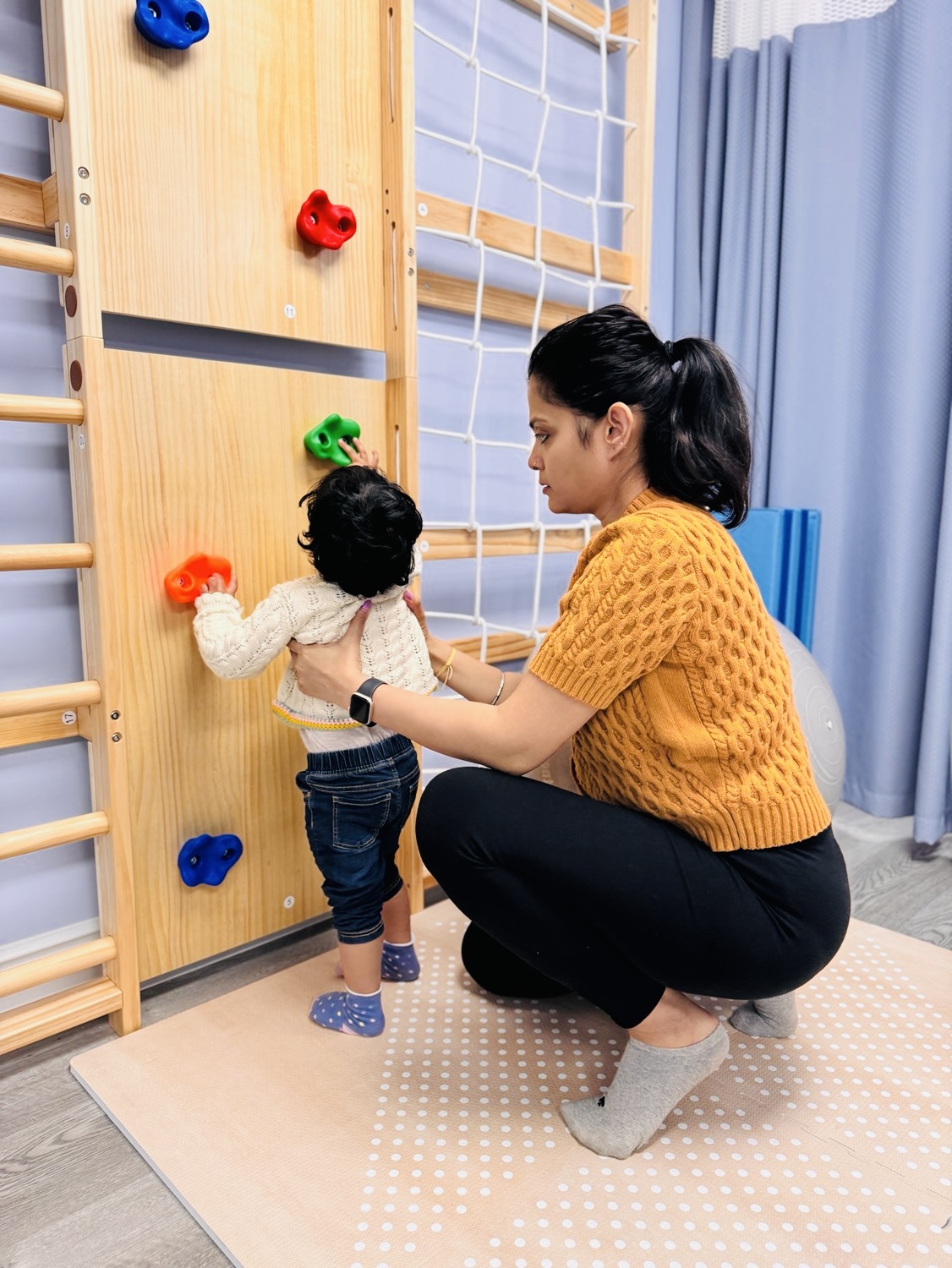
Pediatric Physiotherapy
Alleviate Physiotherapy has a range of physical therapies including Pediatric Physiotherapy at
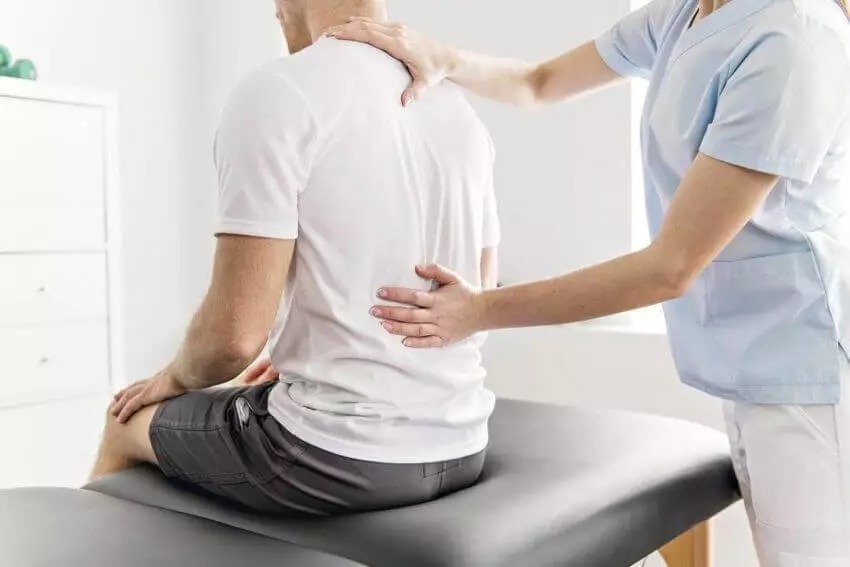
Orthopedic Physiotherapy
Alleviate Physiotherapy has a range of physical therapies including orthopaedic Physiotherapy at
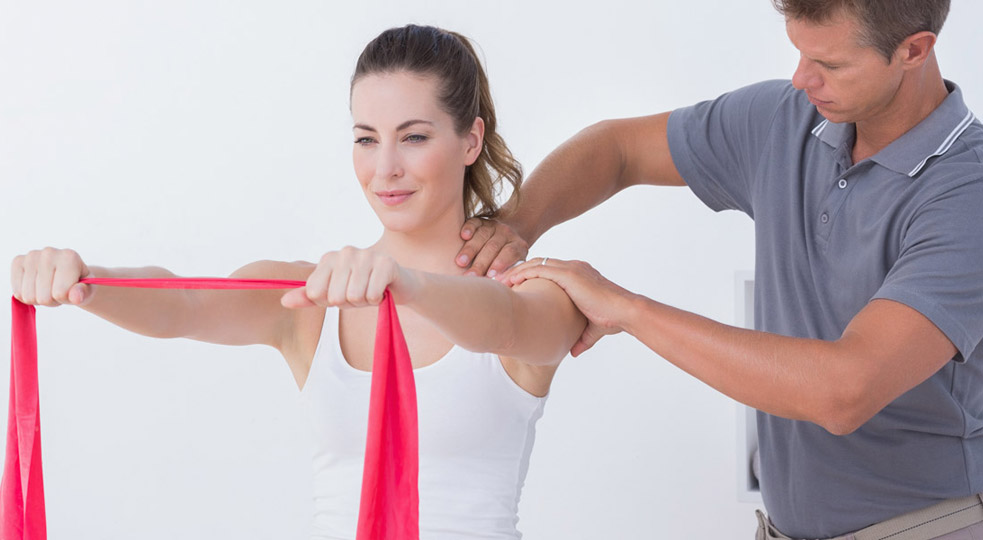
Neuro Physiotherapy
Alleviate Physiotherapy has a range of physical therapies including Neuro Physiotherapy at

Cardiorespiratory Physiotherapy
Alleviate Physiotherapy has a range of physical therapies including Cardiorespiratory Physiotherapy at
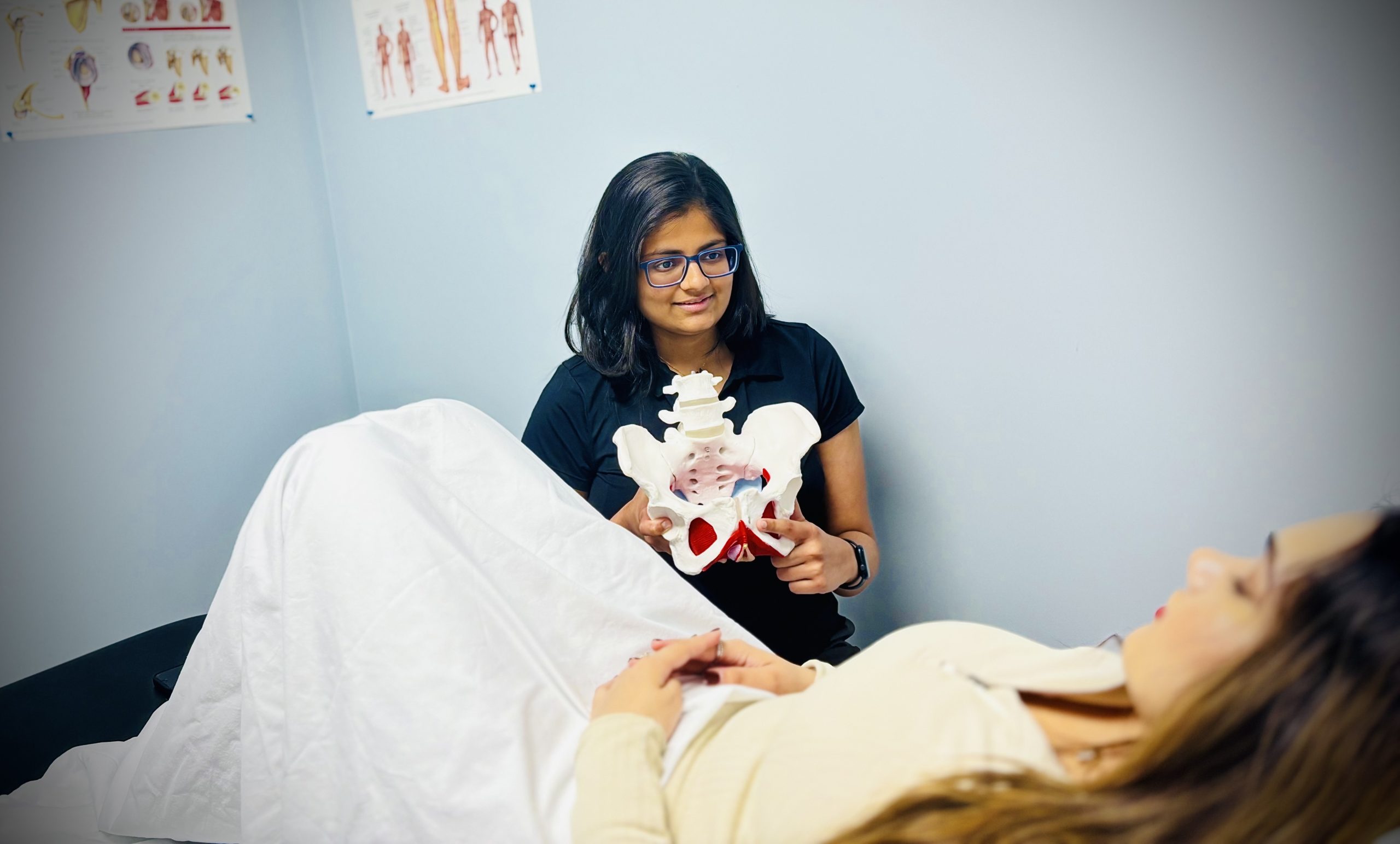
Pelvic Health
Pelvic physiotherapy includes treatments for dysfunctions associated with the pelvic area.






